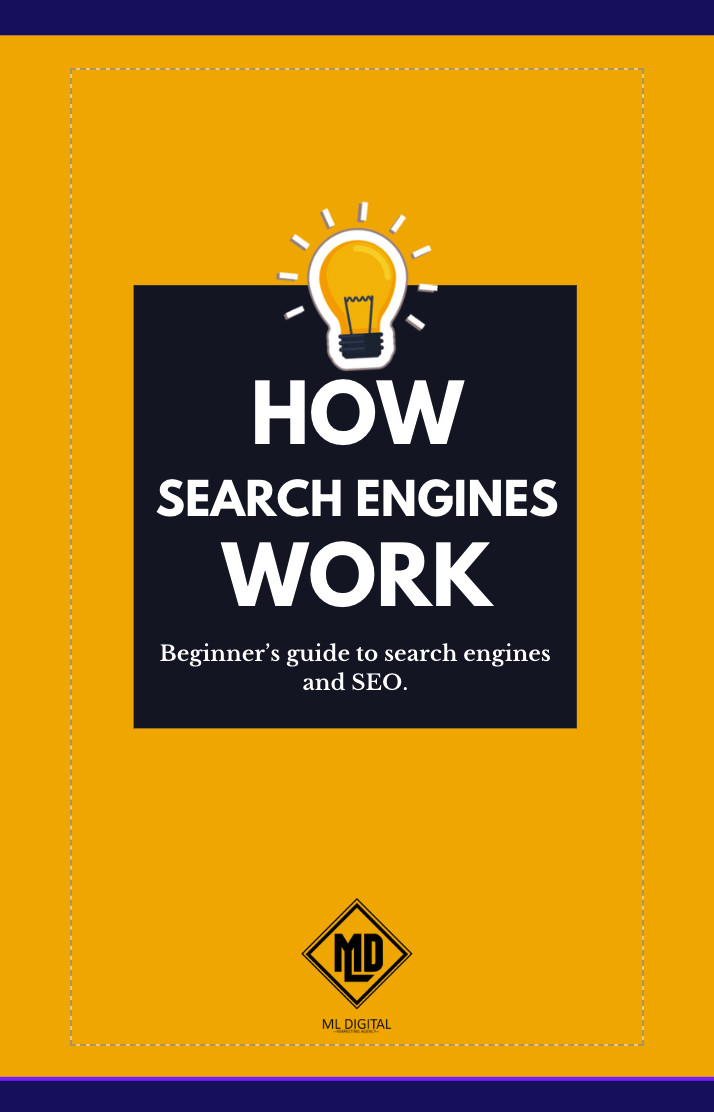Does Google Report Searches? Understanding Search Tracking & Privacy
Google has become the go-to search engine for billions of people worldwide. Whether you’re looking up the latest trends, researching a work project, or searching for something completely random at 2 AM (we won’t judge), Google is there to deliver results in milliseconds. But here’s a question that lingers in the minds of many: Does Google report searches? More importantly, who sees this data, and how does it affect your privacy? Let’s break it all down.
How Google Handles Search Data
Google doesn’t just provide search results—it collects a vast amount of Google search data every time you enter a query. But what exactly does it do with all this information? Let’s dive in.
Does Google Keep a Record of Your Searches?
Yes, Google does keep a record of your searches. Whenever you type a query into Google, it logs the search, associates it with your account (if you’re signed in), and uses it to refine its search algorithms. This is part of Google search tracking, helping improve results, suggest relevant ads, and personalize your experience. If you’ve ever searched for “best coffee shops near me” and suddenly started seeing coffee-related ads, that’s not a coincidence—it’s Google working its magic (or data collection, depending on how you see it).
What Data Does Google Collect from Searches?
Google doesn’t just store Google search logs; it collects a variety of data points, including:
- Search queries – Every phrase you type into the search bar.
- IP address – Your location and device information.
- Cookies & browsing history – If you interact with a search result, Google knows.
- Voice searches – If you use Google Assistant or Voice Search, those are also recorded.
This Google data collection helps refine search results, but it also raises privacy concerns.
How Long Does Google Store Search Data?
By default, Google stores your search history indefinitely. However, users can manage their settings and delete data automatically every 3, 18, or 36 months. So if you’re worried about past searches coming back to haunt you, take a moment to adjust your Google account settings.
Can Others See Your Google Searches?
This is where it gets interesting. While Google has access to your Google search insights, does it share them with anyone else?
Does Google Report Searches to Authorities or Governments?
In some cases, yes. Google may provide user data to law enforcement agencies if requested through legal warrants or subpoenas. This typically happens in cases related to criminal investigations. However, Google does have strict policies on data access and transparency reports that disclose when and why they hand over information.
Can Employers or Third Parties Access Your Search History?
Not directly. Google doesn’t send your Google search monitoring data to your boss (phew!). However, if you’re using a work-provided computer or a company-managed Google account, your employer could have monitoring software that tracks your searches. Additionally, internet service providers (ISPs) and websites may have their own tracking mechanisms.
How Google’s Privacy Policies Impact Search Tracking
Google continuously updates its privacy policies to clarify how it handles Google user tracking. The company states that it does not sell personal data to advertisers but does use search data to target ads. If you’re concerned about privacy, it’s always good to review Google’s policies and adjust your settings accordingly.
How to Protect Your Privacy While Searching on Google
If the idea of Google tracking every search makes you uneasy, don’t worry—there are ways to minimize your digital footprint.
Incognito Mode vs. Normal Search: What’s the Difference?
Incognito mode offers some privacy benefits, but it doesn’t make you invisible. It prevents your browser from saving search history locally, but Google can still track your activity if you’re logged into your account.
How to Delete Your Google Search History
Want a clean slate? Here’s how you can delete your Google search history:
- Go to Google My Activity (myactivity.google.com).
- Click on Web & App Activity.
- Choose Manage Activity.
- Select Delete activity by and set the time range (last hour, last day, all time).
Tools & Tips to Prevent Search Tracking
- Use VPNs to mask your IP address.
- Switch to privacy-focused search engines like DuckDuckGo.
- Disable ad personalization in your Google settings.
- Regularly clear cookies and browsing data.
Final Thoughts: Should You Worry About Google Reporting Your Searches?
Google’s ability to collect, store, and analyze search data is both impressive and concerning. While most of this data collection is used for personalization and advertising, it’s essential to be aware of how much information you’re sharing online.
Key Takeaways on Google’s Search Data Practices
- Google does track and store your searches.
- Search history can be deleted or set to auto-delete.
- Law enforcement can request search data under legal circumstances.
- Privacy settings give users some control over their data.
Best Practices for Private and Secure Browsing
- Use Incognito mode for temporary browsing privacy.
- Set up two-factor authentication on your Google account.
- Keep your browser and security settings updated.
How Google’s Transparency Reports Affect User Privacy
Google releases Transparency Reports detailing how often governments request user data. These reports provide insights into privacy concerns and how frequently Google complies with such requests.
Take Control of Your Search Privacy Today!
If you’re concerned about your Google search privacy, now is the time to take action. Check your Google report, adjust your settings, explore alternative search engines, and stay informed about data collection policies. If you want expert guidance on securing your online presence, Contact us for a free consultation!
FAQs
1. Can I stop Google from tracking my searches completely?
No, but you can minimize tracking by using privacy-focused search engines, VPNs, and disabling tracking in your Google settings.
2. Does Google track searches made in private browsing (Incognito Mode)?
Yes, Incognito Mode only prevents local history storage, but Google can still track searches if you’re logged in or through your IP address.
3. Can I see what Google knows about my searches?
Yes, you can check and manage your search data by visiting Google My Activity.
4. Does deleting my search history remove it from Google’s servers?
Not necessarily. While it removes visibility in your account, Google may still retain anonymized data for analytics.
5. Can advertisers see my search history?
Not directly. Google uses your search data to personalize ads, but advertisers don’t get access to your personal search history.







